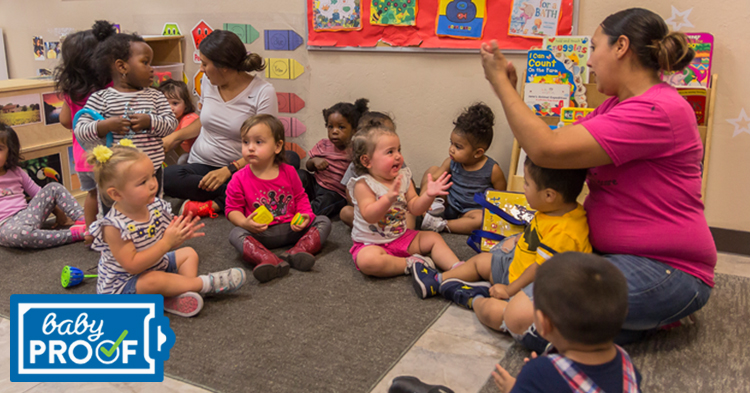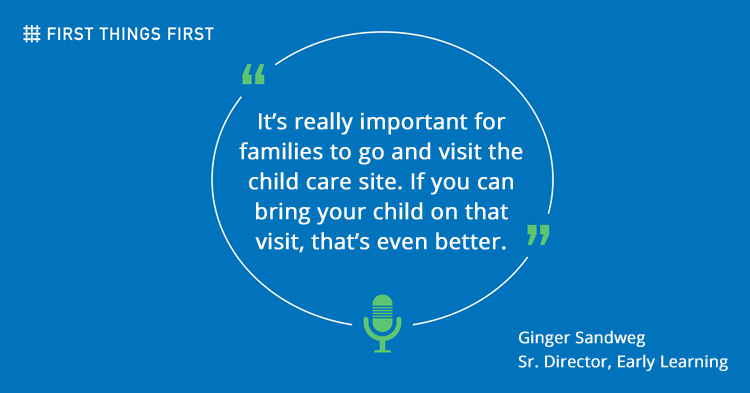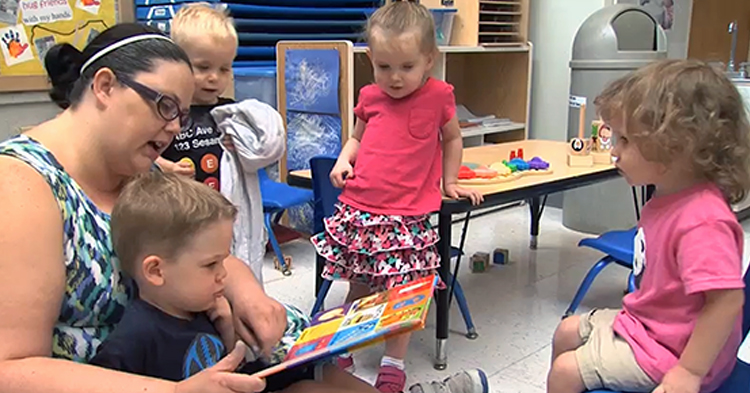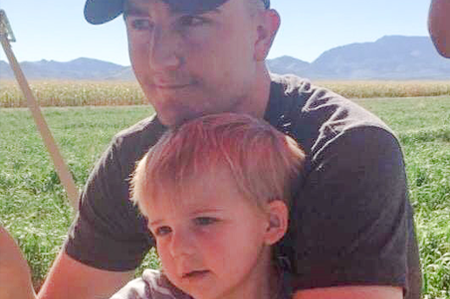
A recent study shows that the learning and social-emotional benefits young children get from attending a high-quality early childhood program lasts at least into their teenage years.
The research out of New York University examined the long-term impacts of a high-quality early childhood program in Chicago and found “evidence suggesting that the program positively affected children’s executive function and academic achievement during adolescence.”
Executive function includes many important social-emotional skills, such as self-control, using memory to make connections between ideas and the ability to think creatively. These and other social and behavioral skills — such as motivation, self-discipline, focus and self-esteem — begin to take root from birth to age 5.
These type of skills help children do well when they enter school and beyond. Understanding different points of view, self-regulating emotions and being able to organize, plan and prioritize tasks are other examples of executive function that play a role in helping children work well with others and make friends.
What Parents Can Do
In addition to choosing high-quality child care and preschool programs for their young child, parents and caregivers can support the development of social-emotional skills at home by providing positive, nurturing relationships.
Establishing good communication when they are young will create a good parent/child relationship as they grow into teenagers and young adults. Parents can do this through activities such as having your young child help you prepare food and chat as you do so. This gives you time to talk without pressure. Family mealtimes are also a good way to make sure that everyone is coming together on a regular basis.
To read the entire article: Connections between early childhood program and teenage outcomes





